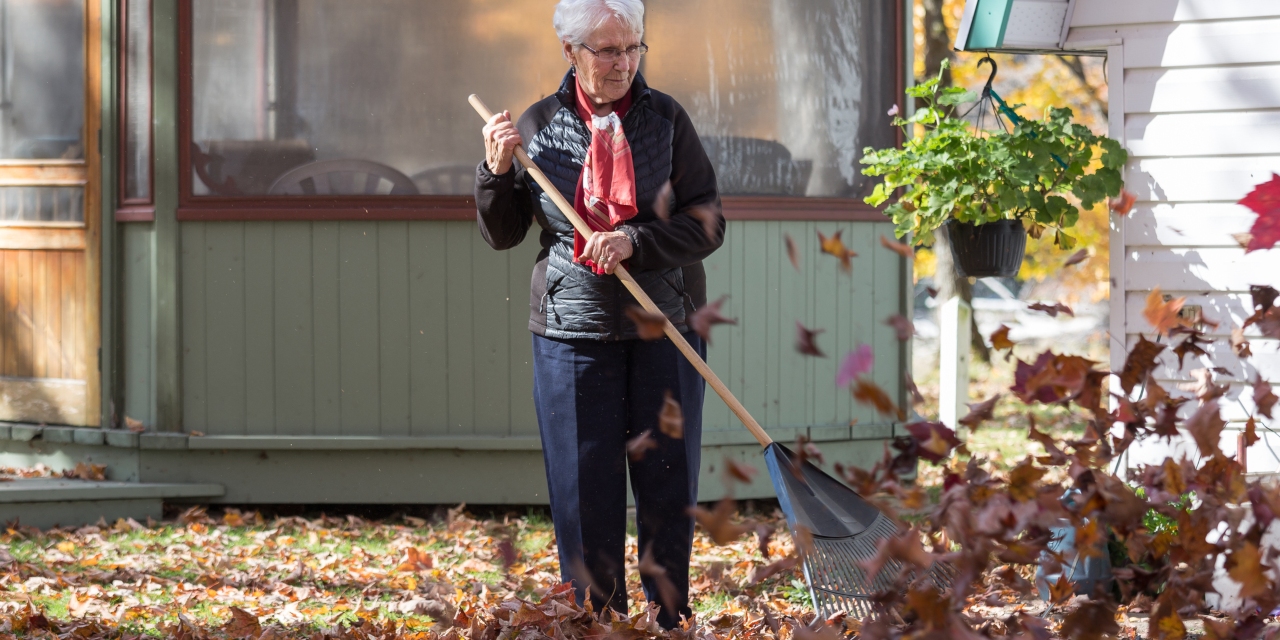Nobody plans to fall, but with a little preparation, you can plan not to fall.
"Falls are highly preventable," said Ellina Lytvyak, a public health and preventive medicine resident physician at the University of Alberta who has taught classes on how to prevent falling.
She said falls are the leading cause of injury-related hospitalizations for seniors and are often the catalyst for the transition to long-term care.
According to Statistics Canada figures, a third of seniors experience a fall each year.
The answer is not to stay in your chair and avoid activity, Lytvyak noted, because a lack of exercise can make you weak and even more likely to fall.
Lytvyak provided these simple tips to fall-proof your life.
Five tips to make your home safer
- Ensure floors are non-slip and free of loose wires, small rugs and other obstacles.
- Make sure the front entrance, rooms and stairs are well lit.
- Consider installing solid grab bars in your bathroom.
- Remove snow, ice and leaves from your walkway.
- Never rush! Take your time to do your routine tasks.
Five health tips to prevent falls
- Eat fruits and vegetables and don't skip meals.
- Drink enough water to avoid dehydration and dizziness.
- Stay fit. Even minimal physical activity will improve your stamina and balance.
- Review your medications with your doctor to ensure they don't have side-effects that increase the risk of falls.
- Consider taking vitamin D to keep your bones and joints healthy.
Five reasons to see a doctor if you do fall
- loss of consciousness before or after the fall
- dizziness or nausea
- headache or weakness
- significant pain or injury
- vision problems
Lytvyak encourages seniors to go through home safety checklists provided by the Public Health Agency of Canada (PHAC). Her tips are based on PHAC recommendations and were prepared for the Emerging Leaders in Health Promotion grant program, co-sponsored by the Alberta Medical Association, the Canadian Medical Association and its subsidiaries, MD Financial Management and Joule.
More resources can be found at the Injury Prevention Centre's Finding Balance website.
"Helping seniors is my passion," Lytvyak said. "As a future public health physician and specialist in preventive medicine, I find health promotion works very well when it's tailored to specific needs."
